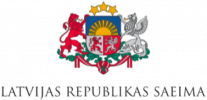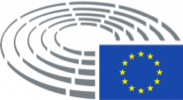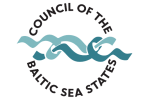On 14-15 March 2024, the Members of the Baltic Assembly participated in the Plenary Session of the Benelux Parliament in Zwolle, Netherlands. During the Session, the future of agriculture was discussed.
Vice President of the Baltic Assembly Jānis Vucāns addressed the Benelux colleagues by informing them that this is also a very important topic for the Baltic Assembly, as agriculture is one of the main economic activities in the Baltic region. “In recent years, the Natural Resources and Environment Committee of the Baltic Assembly has discussed the multifunctionality of agriculture and the impact of climate change on the sector. We have concluded that there is a necessity for unity and collaboration in the Baltic States to realize green growth. The agriculture and forestry sectors are the driving forces behind the green transformation,” Jānis Vucāns stated.
He also informed the participants about the recent developments regarding agricultural imports from Russia in the Baltic States: “On 22 February 2024, in a historic move, the parliament of Latvia approved a ban on agricultural imports from Russia and Belarus until at least 2025. We are the first EU country to take such a step. The ban prohibits importing agricultural and animal feed products from Russia and Belarus, as well as importing agricultural and animal feed products originating in Russia or Belarus from other third countries into Latvia. The prohibition on imports will apply to agricultural and animal feed products remaining in Latvia, not those transported elsewhere within the EU. This step will help to separate the economic ties with the aggressor countries and complement the existing EU sanctions.” He noted that Lithuania and Poland have also announced their intentions to make similar decisions.
Calling for EU-wide action
“Our final goal should be an EU-wide ban since all Russian agricultural products can be replaced by goods from Ukraine or other European countries. A joint European-level decision on a common ban would be more effective than individual decisions. By supporting such a ban on imports we can not only strengthen the existing sanctions against Russia and prevent its companies from profiting and, correspondingly, by their tax payments financing the aggression against Ukraine, but by this ban, we also step up the protection of the agricultural sector in our countries. We must stop promoting opportunities for the continuation of Russia’s aggressive war in Ukraine,” Jānis Vucāns concluded.
During the Session, governmental representatives, representatives of agricultural youth organisations and scientists shared their opinions on the challenges in the field of agriculture in the Benelux region, such as achieving sustainability goals and creating innovations while also supporting local farmers and ensuring food security.
The delegation of the Baltic Assembly consisted of Vice Presidents Jānis Vucāns and Timo Suslov, Vice Chair of the Natural Resources and Environment Committee Jānis Grasbergs and Member of the Security and Defense Committee Andrius Mazuronis.
Photos
© Secretariat of the Baltic Assembly
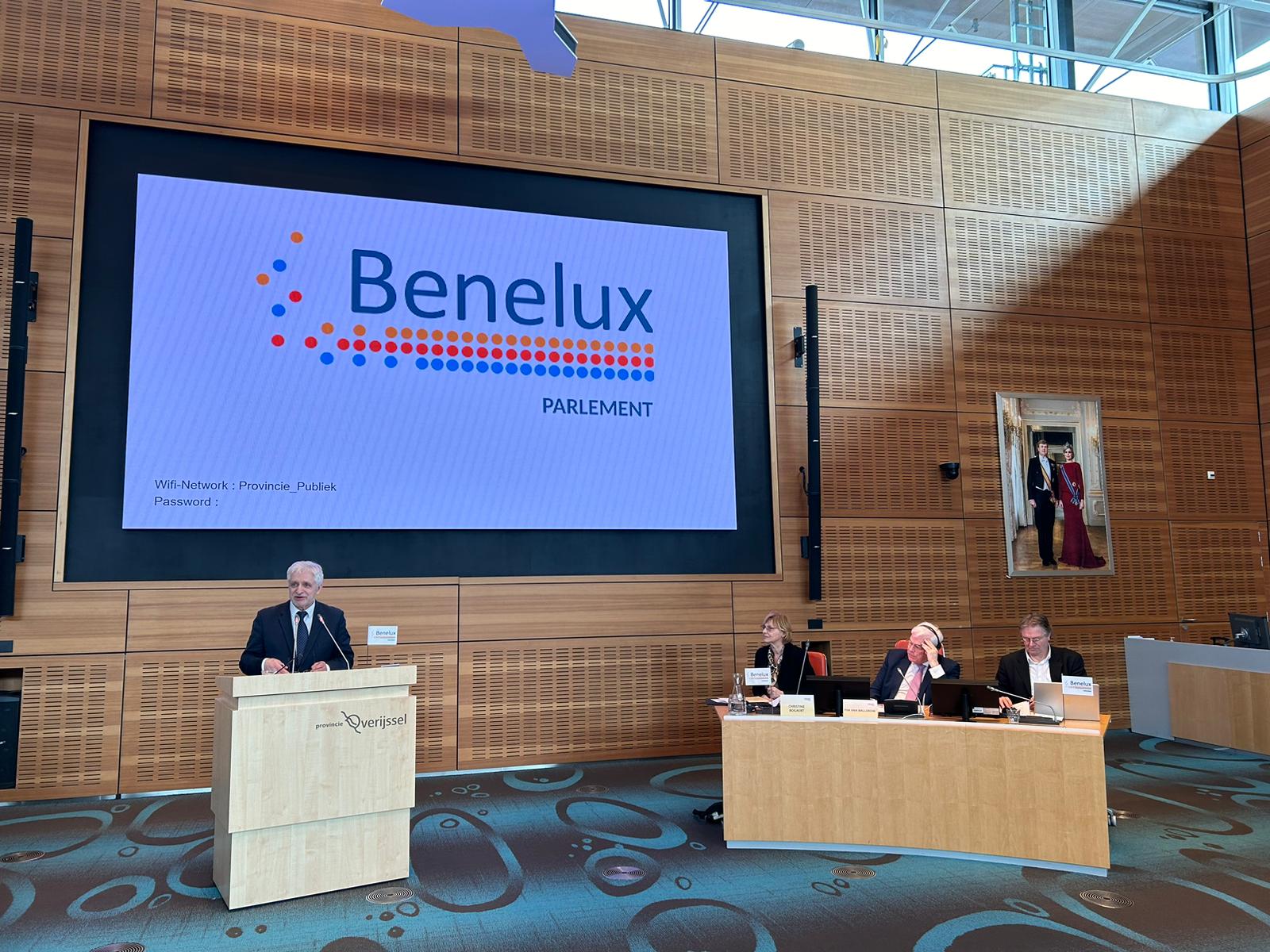
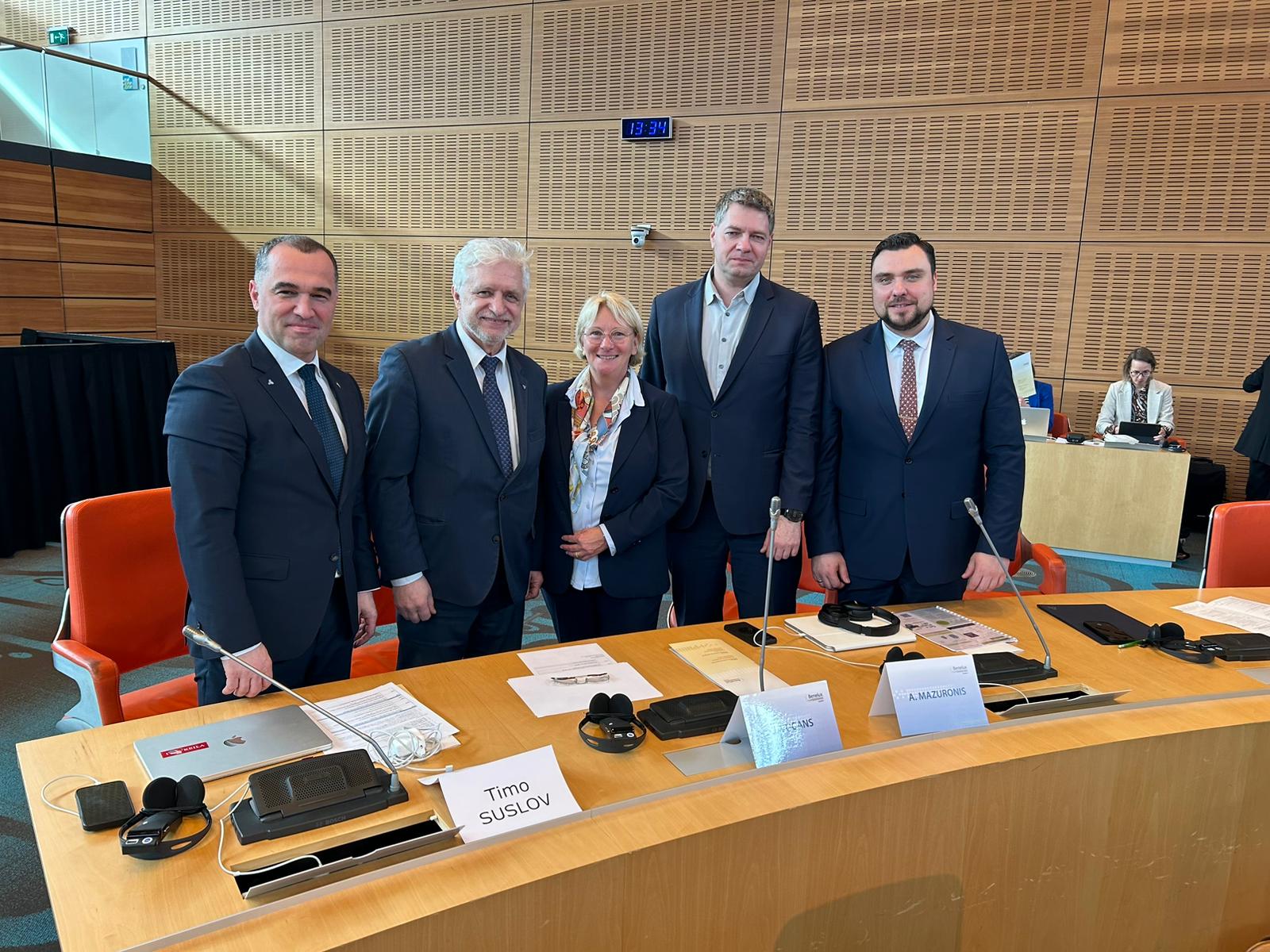
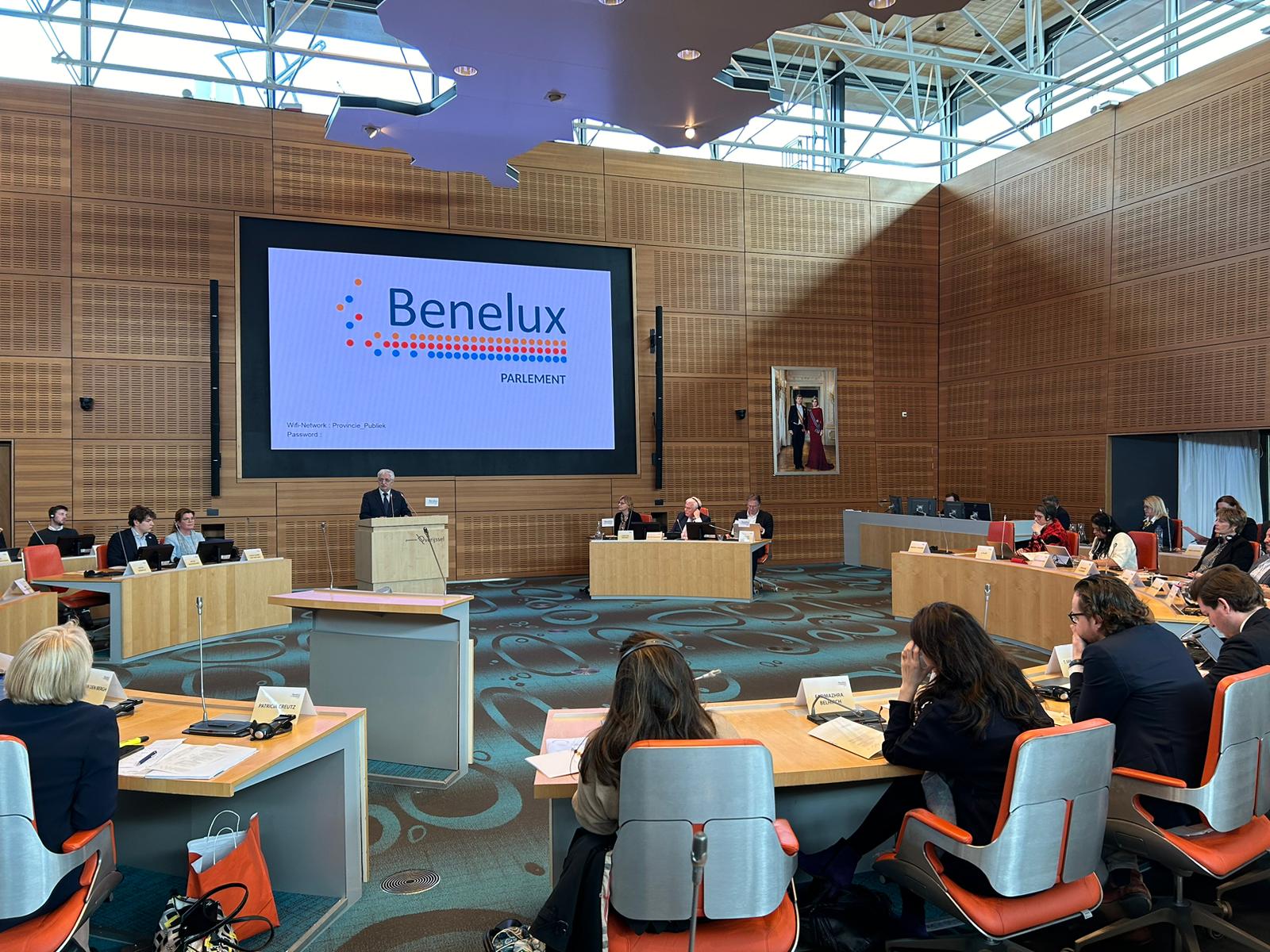
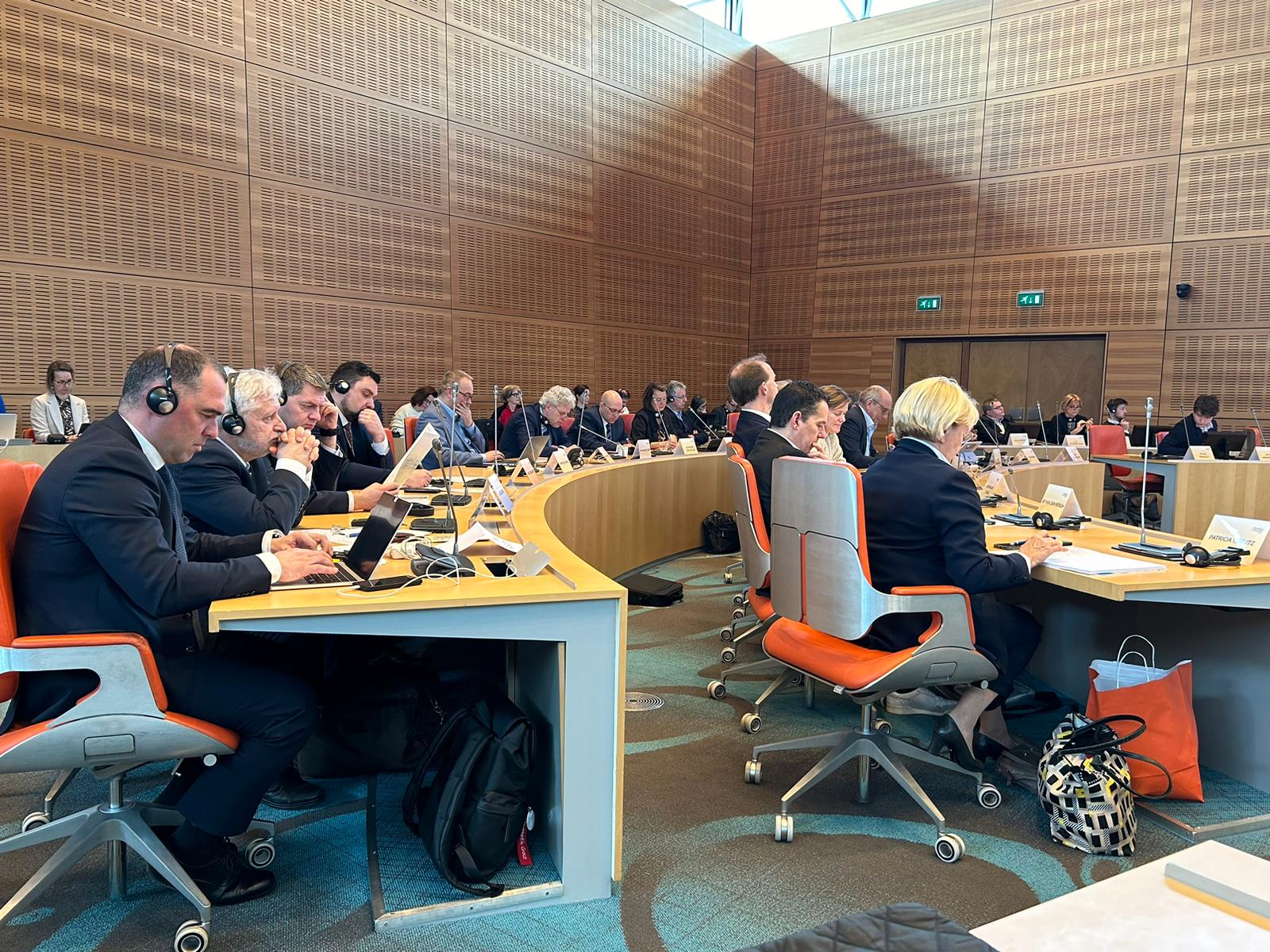
 Print
Print 

